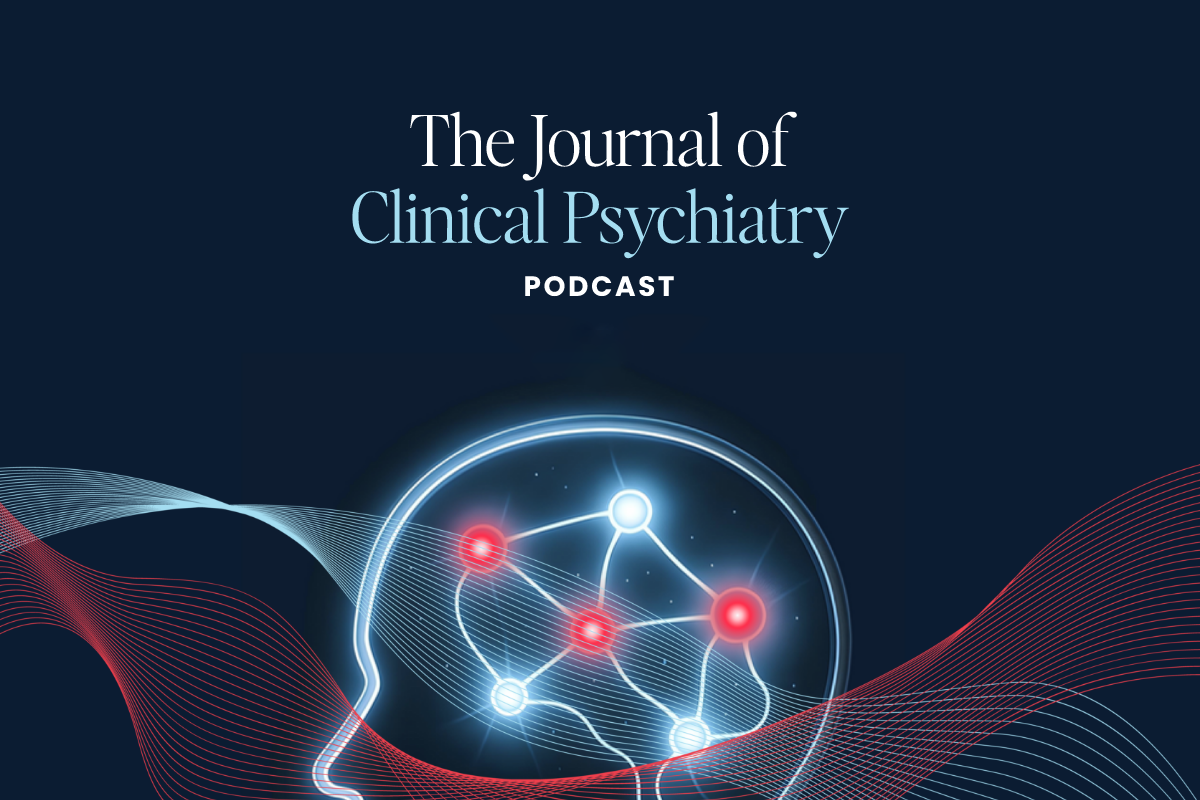Politics has long been a conversational minefield. Hence the old advice about avoiding political talk or religious debate in polite company.
It’s particularly relevant now in this era of accelerating political polarization. From climate change to vaccinations to immigration, the ideological divisions of the U.S. electorate have never been more vast.
Aside from driving wedges between neighbors – and sometimes loved ones – political polarization poses other dangers, such as erosion of trust in democratic institutions, legislative gridlock, and the threat of political violence.
The mental health impact is also significant, with the American Psychological Association identifying politics as a major stressor. One study showed that as many as 40 percent of Americans reported politics as a major source of stress. And up to 20 percent admitted to lost sleep over political news.
Furthermore, political tensions can amplify harassment and bullying – especially online where the illusion of anonymity emboldens otherwise reticent critics. Social media algorithms exacerbate this by spreading divisive content and misinformation as well as creating echo chambers. This reinforces groupthink and preconceived biases among voters.
Despite increased media coverage, this growing divide isn’t a new phenomenon and several psychosocial theories have tried to explain why American politics have become so weaponized.
Social Identity Theory
Tajfel and Turner proposed the Social Identity Theory in 1979. The authors designed this psychosocial framework as a possible explanation for why individuals demonstrate in-group favoritism and cohesion while embracing negative opinions of those outside their social group.
In a nutshell, the theory rests on several key tenets:
- Individuals tend to aggregate into groups and bond over (perceived) shared identities such as race, gender, political ideology, and nationality.
- Members within these groups adopt shared characteristics that promote cohesion and create a positive attitude toward fellow members.
- This eventually leads to the development of an ‘Us vs. Them’ mindset, encouraging out-group discrimination.
Instrumental Vs. Expressive Partisanship Models
An alternative explanation – the Instrumental Model – suggests that voters align along party lines based on ideological beliefs, government performance, and policy positions. This represents the ideal voter, who is well-informed and whose choices are built on the Rational Choice Paradigm – that a logical electorate will collectively leverage their voting power to extract maximum utility from the government.
Of course, this model has its flaws. For starters, it assumes a well-informed electorate, which is often not the case due to widespread misinformation and limited access to reliable sources. Also, it assumes that a rational, well-informed electorate will make logical decisions, which can be affected by bias, emotions, and conflicting personal interests.
This hypothesis downplays the role of emotions, culture, social pressures, psychological factors, and even irrational behavior in decision-making.
The Expressive Model is the antithesis of the Instrumental Model and proposes that voter choice is based on social identity rather than rational decision-making. These social groups could be based on religion, sexual orientation, race, or gender. This model has gained traction in modern politics because it helps explain the partisan stability seen in modern politics irrespective of short-term economic results or policy shifts.
The drawbacks are obvious: erosion of democratic institutions and principles, increasing political polarization, legislative gridlock, confirmation bias, irrational policy-making, dehumanization of opponents, and so on.
However, despite flaws, there are some upsides to this form of political polarization (at least for political parties). They include: increased political participation and voter turnout, political stability, fostering a sense of community, simplified decision-making, and a clear political ideology.
Individual Vs. Group-Level Psychological Processes
Individual-level psychological processes attribute the variations in the political spectrum to personal differences in ideology, personality, and morality. This relates to the Instrumental Model of Partisanship and supports individualistic decision-making as the driving force behind political differences.
Group-level psychological processes relate to the Social Identity Theory of partisan politics. Therefore, it supports the belief that group identity, intergroup dynamics, and group norms play a larger role in political and ideological stance than individual belief.
So Which Is It?
None of these theories are objectively wrong. Neither are they right.
The political spectrum is significantly more nuanced than most politicians and media outlets would have voters believe. This sense of “false polarization” reduces inter-partisan cooperation and benefits political parties because it offers a stable voting base, distracts voters from crucial issues, and creates a political system based on simplified ideological heuristics instead of a nuanced approach that defines true policy-making.
Individual voters can swing between any one of these theories depending on the specific issue and the stage of the election cycle. The Expressive Model of Partisanship and group-level psychological processes might tend to dominate as elections draw nearer or during election cycles focused predominantly on cultural or personal issues (slogan over substance).
The psychology of political polarization is a complex and multifaceted issue with far-reaching implications for our mental health, social cohesion, and democratic institutions. As we navigate the increasingly polarized landscape of modern politics, we must acknowledge the role of psychology in shaping political beliefs and behaviors.
Further Reading
Impact of Political Rhetoric on Mental Health
Positive Psychiatry: Its Time Has Come
The Weekly Mind Reader: Politics, Religion, Motherese



